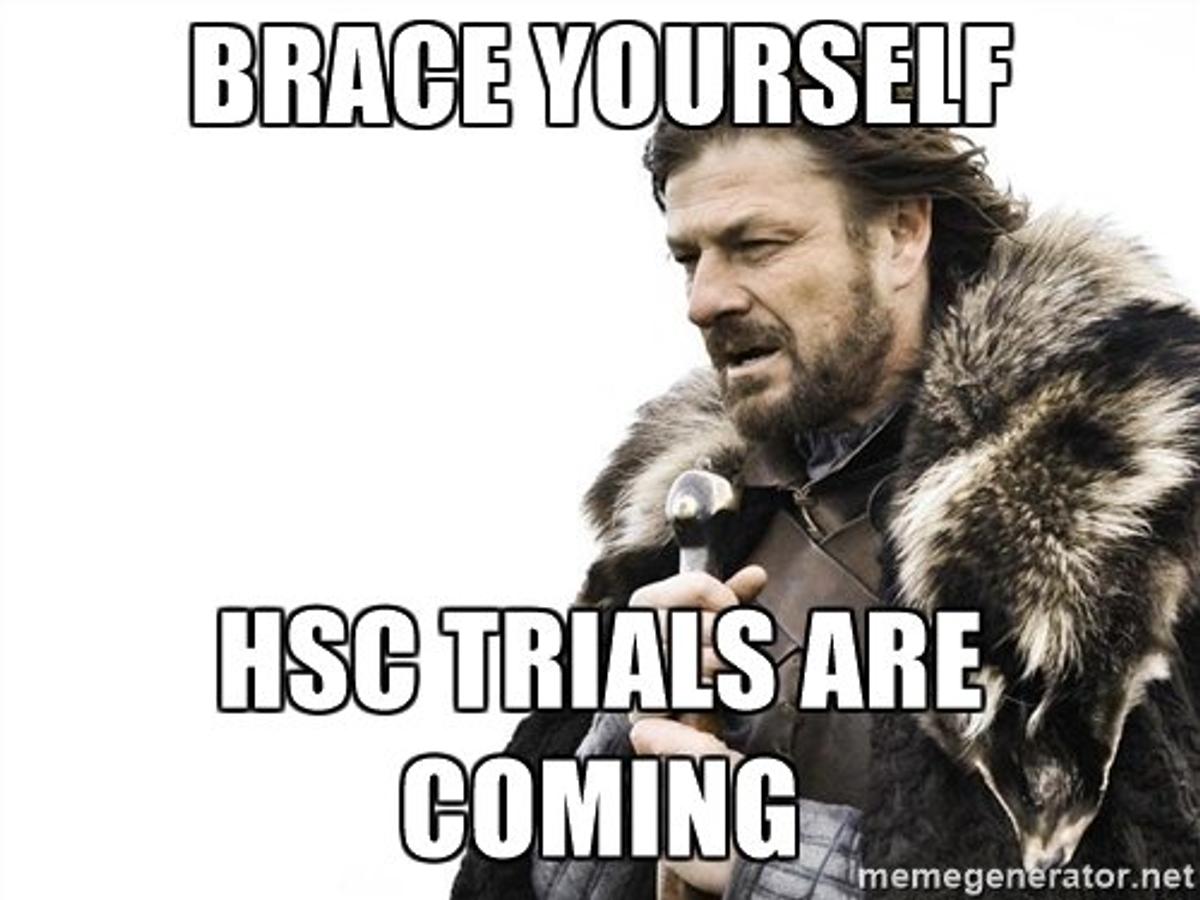Principal

Raising A Teenage Son
The first day back this term saw all our staff attending the inaugural staff professional learning day for all seven EREA NSW Colleges held at Waverley College. It was a wonderful opportunity to meet, collaborate and learn with the strong focus of the day being boys’ education. We know as teachers, that boys have their own unique needs.
Between the ages of 9 and 14, teenage boys encounter a surge of hormones triggering not just growth spurts but also a whirlwind of emotional and social evolutions, marking a challenging phase for teaching and parenting them.
One of the guest speakers was Ian Lillico, an educational consultant and former school principal in Western Australia who has founded the About Boys Forward Institute a site where we can access resources to assist us with building relationships with our boys.
I would like to take the opportunity to share some of his research with you.
Ten Ways You Can Support Your Son
(adapted from “Real Boys” by Ian Lillico).
1. Give your boy regular periods of undivided attention and listening space.
We have learned that boys need lots of room in order to get behind the mask of independence and autonomy we call the “Boy Code.” And while they may tell you that they do not need or want your attention, the truth is they do. Boys aren’t likely to want to sit down and have a discussion. They want and need to be active. Take your son hiking, rock climbing or just on a walk. Plan and plant a vegetable garden or volunteer together in your community. Just be together and do something - you will be surprised at how much you learn.
2. Don’t prematurely push him to be “independent.”
“Don’t smother him or he will be a sissy” – bad advice mothers are given all the time. Deep, meaningful connections and attachments are a key to a boy’s healthy development. Forcing your son to “buck up” and be a “big boy” doesn’t help a boy who is truly terrified in his heart. Boys won’t show you their fear. Forcing them to be independent only isolates them from their emotions and causes them to pretend independence. After pretending again and again, this bravado becomes all that boys know.
3. Let him know that “real boys” and “real men” do cry and communicate their feelings.
Encouraging the expression of a full and wide range of emotions in your son will only strengthen his ability to handle the challenges that he will face as he grows up. If you are a father, model this for him with your own behaviour. Explain to him how you are feeling and why.
4. Look behind the mask to understand your son’s real feelings.
Often when boys are behaving aggressively or responding with anger, they are stifling powerful emotions such as sadness, shame, or fear. When you see aggressive or angry behaviour, look for the pain behind it. Find ways to connect with your son that allow him to share with you the root of the problem. Be an active listener, and by that, I mean be active with your son and let him talk.
5. Talk candidly about the Boy Code and the narrow view our society has of what is acceptable behaviour in boys and men.
Boys need to understand that our society today does not offer boys a wide expression of behaviour. Help them understand that when adults say things like “big boys don’t cry” and tell boys that they are “acting like a girl” if they show emotion, these are examples of the way we limit boy behaviour. Empower them by teaching them that they can “march to the beat of a different drummer” and that you will support them in their choice to be unique and pursue their passions, no matter how unconventional.
6. Teach your son that there are different ways to become a real man.
Becoming a professional athlete or earning lots of money are two conventional representations of successful manhood. There are others. Help your son look around, see the dad that is volunteering in the classroom, see the man who is an artist, see the boy who recently graduated from Uni and has chosen to be a teacher. These are also real men. Celebrate them for your son.
7. Encourage creative expression.
Once the routine of soccer, basketball and cricket starts, many families forgo the art classes that once inspired their budding Picasso. Don’t give in to convention; help your son express his creativity by keeping up with the art/music/dance classes. Do it together. Or make it a habit to visit art galleries, museums, and concerts. If you are inclined towards crafts, do craft projects with your son. I know one father who builds birdhouses with his son. They make it a challenge to be more inventive, colourful, and creative with each new project.
8. Connect to your son through action.
Boys are biologically more active than girls. They want and need to move. Rather than try and slow them down, meet them at their own game. Joint projects can result in a combined sense of accomplishment. There is a reason that dads shoot hoops and play catch with their sons. They understand the need to connect through action.
9. Be an advocate for your son and all boys.
No one knows your boy better than you do. Trust your instincts. If something does not feel right, it probably isn’t. We often rely on experts to tell us how to “fix” our sons. All advice comes from a point of view – even expert advice. Perhaps it is time to sit back and consider what you feel to be the right course of action and stand by your son.
10. Encourage spiritual connections.
Teach your son to honour with gratitude this gift we call life. Teaching boys the wonder of our existence and the wonder of nature around us can be the beginning of a spiritual practice. Your son will thrive with the knowledge that he is part of a great whole and that we are all deeply connected to.
3 Essential Tips on How to Prepare for HSC Trials
Year 12 students (and any Year 11 Accelerants) have the HSC Trials next week and it’s essential that they’re preparing yourself properly. Whilst “Trials” is aptly named… (some students consider it harder than the actual HSC!!), the difficulty of the next few weeks is ultimately up to you. You get to decide whether you prepare properly now, or cram and pull all-nighters in a few weeks’ time. Here’s our three essential tips on how YOU should be preparing for Trials.
1. Set goal ranks
Trial exams are your last chance to push up your rank in each subject. So first, write out your current rank and then your goal rank for each subject. To work out what rank you should be aiming for, have a chat with your teacher or career advisor, or for a more general idea, talk to some HSC graduates who achieved your ideal ATAR and see what their ranks were for each subject. Remember that it’s your school ranking rather than your school marks that are important to improve.
2. Write a realistic study timetable/to-do list
Once you know what your goal ranks are, it’s time to do something to achieve them. Write out everything you need to do between now and exams to get that rank. This might include revising a certain topic, making your notes more concise, or doing practice papers – whatever you think you need, write it down! Remember that what prep you need to do will change for each subject. Focus more attention on the subjects you’re ranked lower in, rather than trying to move up one or two ranks in subjects you’re already ranked amongst the highest in the school. Remember, a difference of a few rank spots at the top end will have far less impact on your ATAR than moving up multiple ranks from the bottom end.
Once you know what work needs to be done, plan out when you will be doing it. Make both weekly and daily to-do lists that chip away at the work. By breaking your goals down, they will seem more achievable and they’re more likely to get done.
3. Practice, Practice, Practice!
I’m sure you’ve heard of the saying, “practice makes perfect” – so as a part of your study timetable, make sure you schedule in time to do practice papers! First work through any past trial papers that your school provides. Your trial exams are written by a committee of experienced secondary teachers, so to become most familiar with the level of difficulty and structure of your upcoming trials, practice any past trial papers your school gives you. If you’ve started your prep late and can’t possibly complete all the given practice papers, start with the most recent past paper and work your way backyards. The more recent papers are a truer reflection of your upcoming trials than a paper written in 2004! Lastly, complete at least some of the papers under exam conditions – this means no notes and in a timed condition. This will simulate the real exam and will allow you to deal with time pressure and work out how much time you need to spend on each section of the exam. Your mark for this practice exam will also give you a more accurate idea of the mark you’ll get in trials, than a paper you completed with your notes.
As always, the teachers at SPC are here to help. So, if you have any questions about preparing for you trial exams or require additional help, don’t be afraid to ask!
EREA NSW Colleges Ltd Board Announcement
Please find below a letter from Sam Hardjono, Board Chair of EREA NSW Colleges Board to the College community.
Dear St Patrick’s College Community,
I am delighted to announce the appointment of two new Non-Executive Directors to the Board of Edmund Rice Education Australia (EREA) NSW Colleges Ltd. Please join me in welcoming James Coyne and Jonathan Rourke to our board.
The EREA NSW Colleges Ltd Board governs the seven mainstream schools in the Edmund Rice tradition in NSW. We have responsibility for ensuring the highest standards of child safety, strategy, finance, risk, compliance, staff experience and student experience, including teaching & learning, are met.
An external firm was engaged to run a comprehensive executive search. The new Directors were recommended for appointment by EREA NSW Colleges Ltd and endorsed by the Trustees of Edmund Rice Education Australia following a process of application, interview and discernment.
James Coyne brings to the Board his expertise as a Lawyer and Company Secretary with a broad range of skills and experience in governance, risk and compliance, corporate law and all facets of real estate (including developments, construction and asset management). He also brings a long affiliation with St Patrick’s College as a former student, parent and School Advisory Council member and Chair.
Jonathan Rourke contributes experience from a 30-year career at Macquarie Group from which he retired in May 2015. He undertook a broad range of commercial customer and market-facing roles in various business groups over those three decades, all corporate/enterprise/institutional business. He is currently serving on the Council at Southern Cross University, where he is chair of the Finance and Investment Committee and serves on the Audit and Risk and the People and Culture Committees of the university.
In addition to our new Directors, we have appointed new members to our Board Sub-Committees. The four Sub-Committees serve in an advisory capacity to the Board.
Bronwyn Hession and Dr Michele Simons have joined our Learning Committee. Bronwyn brings significant expertise in Catholic Education, policy and school improvement through her work with CSNSW, NESA and Michele is a national leader in education committed to innovation and quality education supporting students’ success. She is currently the Dean and Professor, School of Education and an Associate Pro-Vice Chancellor for Transnational Education at Western Sydney University.
Dianne Hamey and Erin Morin join our Safeguarding Committee. Dianne brings specialist legal, strategic, enterprise governance, risk, compliance, assurance and policy experience and skills to the committee. She has an unrestricted legal practising certificate and in her past role, Dianne provided specialist legal and strategic advice to schools and executive leaders in the Catholic education sector. Erin is an experienced leader working with Catholic Schools Parramatta Diocese as Safeguarding Senior Manager. She also has experience as WHS and RTW Manager which provides further knowledge in additional safety concerns within education and risk management approaches.
Anil Menon joins our Finance and Infrastructure Committee as a qualified Finance Leader with more than 20 years in international corporate finance working with Fortune 500 and SME companies. Anil has held the CFO role in a range of companies and brings experience in detail-oriented, data- informed approaches to business transformation through systems development, digitalisation, people leadership, strategy and cost reduction.
Eric de Haas joins our Risk and Audit Committee with extensive experience in internal audit, risk management and governance as well as considerable experience on the boards of Professional and Not-for-Profit organisations. He holds several professional memberships in governance, internal audit and risk management and has been on several boards. He is currently Business Manager at Beehive Industries Co-Operative Ltd, a not-for-profit social enterprise that provides meaningful employment and training opportunities for elderly isolated people and people with disabilities.
We are confident that the combined expertise of these generous volunteers will greatly benefit EREA NSW Colleges Ltd and help us achieve our objectives of providing high-quality education, promoting equity and inclusion, and supporting the holistic development of our students.
Please join me in extending a warm welcome to both our Non-Executive Directors and our Committee Members. We look forward to their contributions and are excited about the positive impact they will have on our community. Thank you for your continued support.
Warm regards,
Sam Hardjono
EREA NSW Colleges Board Chair
Parents' and Friends' Trivia Night
Tickets are selling out fast for this fun night. We would love to see more of our Year 5 and 6 parents there. You don’t need ten for a table. You can come with parents you know and let us sort out the rest.
We will also have our Parent Business Directory up and running in 2025. In the interim, if you have a business and wish to sponsor our event or donate a prize, please email me at principal@spc.nsw.edu.au.
Dr Vittoria Lavorato
Principal
SPC boys can do anything!
**except divide by zero





